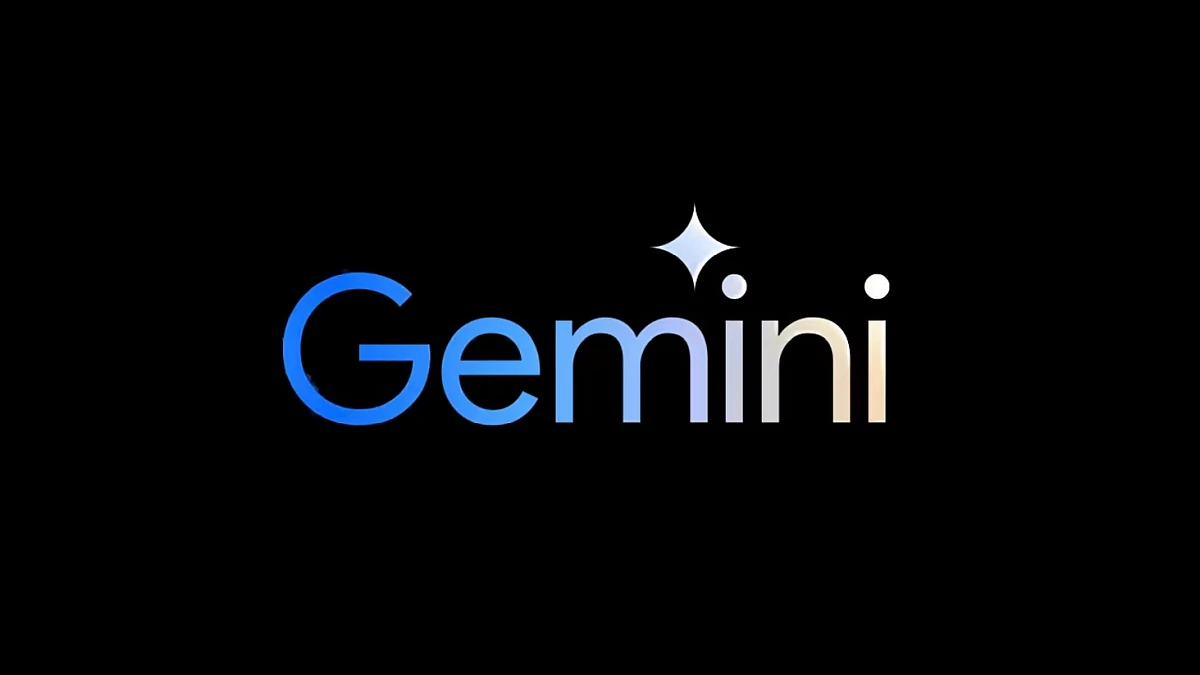
Google has officially launched its latest AI model, Gemini Live, which aims to compete directly with OpenAI’s GPT-4. This new release is poised to make a significant impact in the AI landscape, promising advancements in performance, accessibility, and multimodal capabilities. Here’s a detailed look at what Gemini Live brings to the table and how it stacks up against GPT-4.
What is Gemini Live?
Gemini Live is Google’s most advanced AI model to date, designed to handle a wide range of tasks with high efficiency and accuracy. Developed by teams across Google, including Google Research, Gemini Live is a multimodal AI model, meaning it can understand and process different types of data such as text, audio, images, and video. The model is optimized for various applications, from complex data center operations to mobile devices, making it versatile and scalable.
Key Variants of Gemini Live
- Gemini Ultra: The most powerful version, designed for highly complex tasks and offering state-of-the-art performance.
- Gemini Pro: A balanced version ideal for a wide range of tasks, suitable for scaling in enterprise applications.
- Gemini Nano: The most efficient variant, tailored for on-device tasks, ensuring swift and reliable performance on mobile platforms.
Performance Benchmarks
Gemini Ultra has demonstrated superior performance across multiple benchmarks, surpassing GPT-4 in several areas. According to testing results, Gemini Ultra excels in reasoning, mathematical problem-solving, and coding tasks. It outperformed GPT-4 in 30 out of 32 academic benchmarks, highlighting its advanced capabilities in tasks such as Big-Bench Hard, GSM8K, and MATH. However, GPT-4 still leads in commonsense reasoning tasks, represented by the HellaSwag benchmark.
In terms of multimodal tasks, Gemini Ultra scores up to 10% higher than GPT-4, showcasing its enhanced ability to process and analyze various data types simultaneously. This makes it particularly effective for applications requiring comprehensive understanding and integration of text, images, audio, and video.
Accessibility and Availability
Gemini Live is available in different regions and languages, with Gemini Pro accessible in English across the US and Asia Pacific regions, including Japan and Korea. The more powerful Gemini Ultra, part of the paid-for Gemini Advanced service, is available in over 150 countries, including the UK and EU, with more regions expected to gain access soon. This broad availability makes Gemini Live a formidable contender in the global AI market.
Use Cases and Applications
Google has outlined several practical applications for Gemini Live, from assisting with everyday tasks like writing job application cover letters to more complex scenarios such as managing schedules and automating administrative duties. One notable example includes using Gemini to take a photo of a flat tire and receiving step-by-step instructions on how to fix it. Additionally, Gemini can help manage team activities, such as organizing snack rotas for a soccer team, by leveraging its multimodal capabilities to handle emails and schedules effectively.
Safety and Ethical Considerations
Google has emphasized the importance of safety and ethical use of AI with Gemini Live. The model includes robust safeguards to prevent misuse and harmful content generation. Google’s commitment to ethical AI use is reflected in its rigorous testing and implementation of features like SynthID watermarks to identify AI-generated images, ensuring transparency and preventing the misuse of AI-generated content.
Gemini Live represents a significant step forward for Google in the AI domain, offering a versatile and powerful alternative to OpenAI’s GPT-4. With its state-of-the-art performance, wide accessibility, and comprehensive multimodal capabilities, Gemini Live is set to become a key player in the AI landscape, catering to both developers and enterprise customers.


















